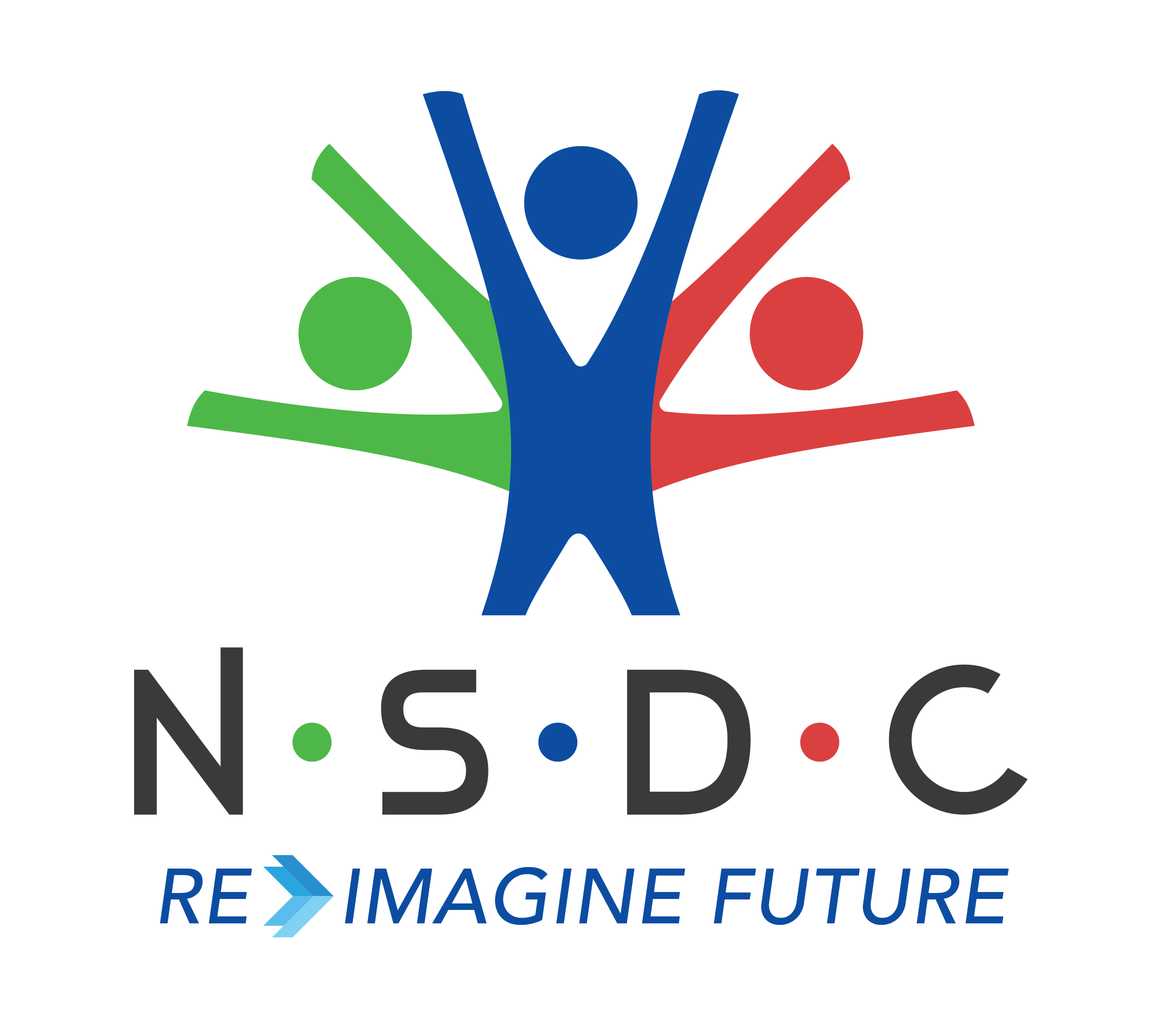Workshops and Masterclasses
Planting the right trees in the right place for the right reason
Hosted by
Veena Srinivasan, Executive Director, WELL (Water, Environment, Land and Livelihoods Labs) @ IFMR, Krea University
Abi Vanak, Director of the Centre for Policy Design and a Senior Fellow at Ashoka, Trust for Research in Ecology and the Environment (ATREE)
Sameer Shisodia, CEO, Rainmatter Foundation
Introduction
Climate change is one of the biggest threats to humanity. What is at stake is the survival of humans on planet earth in the long term. But climate change is already posing risks to companies through wide-ranging impacts on various aspects of business operations, the economy, and society as a whole induced by floods, droughts, wildfires, and heat-waves.
Companies are increasingly choosing to go net zero as part of their voluntary commitments to addressing climate change. The decision to go net zero reflects a combination of ethical considerations, regulatory compliance, market dynamics, and strategic thinking. It benefits businesses in various ways.
● Climate Responsibility: Going net zero demonstrates their commitment to taking responsibility for their carbon footprint and minimizing their impact on the environment.
● Investor Expectations: Going net zero can enhance a company's reputation, attract responsible investors, and meet the expectations of socially conscious consumers.
● Employee Engagement: A commitment to net zero can improve employee morale, attract top talent, and foster a positive corporate culture.
● Consumer Demand: Companies that embrace net zero practices can enhance their brand reputation, attract loyal customers, and tap into the growing market for sustainable products.
Tree planting is increasingly being adopted by companies for carbon offsets
By planting trees, a company can help sequester a significant amount of carbon over their lifetime, thus offsetting the CO2 emissions produced by their operations. Further, trees also support biodiversity and healthy ecosystems. If done right, tree planting projects can involve local communities, providing
employment opportunities and enhancing the livelihoods and well-being of people living in the area..
The problem is not all tree planting is good.
Firstly many tree planting programmes simply fail because they are poorly planned. For example, low survival rates, stunted growth. But even if the trees survive they might be borewell dependent and end up redirecting precious water resources away from agriculture; they might dispossess landless communities by planting commons on grazing “Gomala” land or they might simply be tree species that are sub-optimal; i.e. they don’t provide useful ecosystem services and livelihoods to the community.
A narrow focus on meeting quantitative planting targets could result in planting trees where “they are biophysically unsuited or not desirable for socioeconomic reasons”.
Themes and sub themes being covered
Tree planting alone cannot fully address the climate crisis, but when combined with other sustainable practices, it can contribute to carbon reduction goals. But tree planting must be done right and balanced with mitigation measures.
Our master class taught by sector experts will help CSR practitioners understand this.
Module 1: Understanding tree planting in the context of bioregions
What trade-offs emerge between carbon, water and livelihoods in tree planting programmes?
What problems can emerge if tree planting programmes are not well planned?
Module 2: Principles for designing tree planting programmes
What is the right tree at the right place for the right reason?
What considerations and strategies must a tree-planting programme consider?
Module 3: Thinking holistically about carbon offsets, beyond tree planting
What other options exist to offset carbon emissions and how should companies prioritize?
How might companies take a more holistic and longer term approach to natural resource management in landscapes?
What tools exist to design and track success in carbon offset programmes?
Expected Takeaways
CSR heads begin to understand the larger context of tree planting programmes and go beyond simplistic metrics of trees/ rupee spent.
About the Facilitator
Veena Srinivasan
Dr Veena Srinivasan, a water expert with 20 years of experience, set up WELL Labs in 2023. She is leading our mission to transform scientific research into real-world impact by designing solutions that simultaneously create livelihoods and conserve the environment. Veena received her PhD from Stanford University and is an alumnus of the Indian Institute of Technology, Bombay. She has won several awards for her work, including the 2015 Jim Dooge Award from the European Geophysical Union, the 2012 Water Resources Research Editor’s Choice Award from the American Geophysical Union. She chairs the Strategic Advisory Group for UN SDG6 and was the Prins Claus Chair at Utrecht University, Netherlands from 2018 to 2020.
Abi Vanak
Dr. Abi T Vanak is the Director of the Centre for Policy Design and a Senior Fellow at Ashoka Trust for Research in Ecology and the Environment (ATREE). He's an Ecologist by disciplinary training and has a Ph.D. in Wildlife Science from the University of Missouri, USA. He is a highly published author, with over a 100 papers, book chapters and articles on a diverse range of topics, including ecological restoration, carnivore ecology, human-wildlife coexistence, savanna ecosystems, disease ecology, OneHealth and conservation policy. He works closely on the Science-Policy-Practice interface in ATREE’s key areas of expertise in land conservation and restoration, livelihoods and human well-being.
Sameer Shisodia
Sameer Shisodia is the CEO of Rainmatter foundation and does deep dives on building a robust network of climate orgs with strategic application of the funding and grants program. He left his long career in the tech industry a decade ago and partly moved to Coorg to experiment with sustainable farming, farm collectives, and his personal passion, rejuvenating soil and forests. Sameer is an entrepreneur and runs Linger Leisure.




